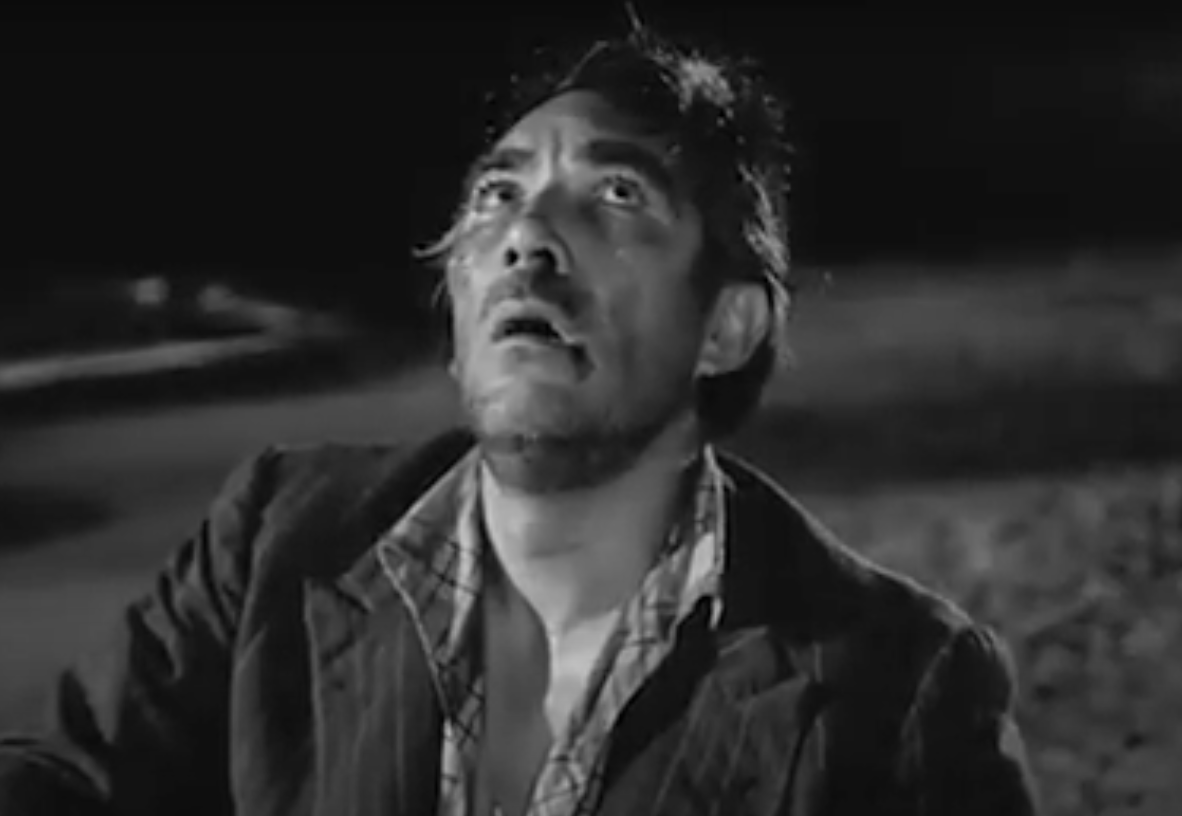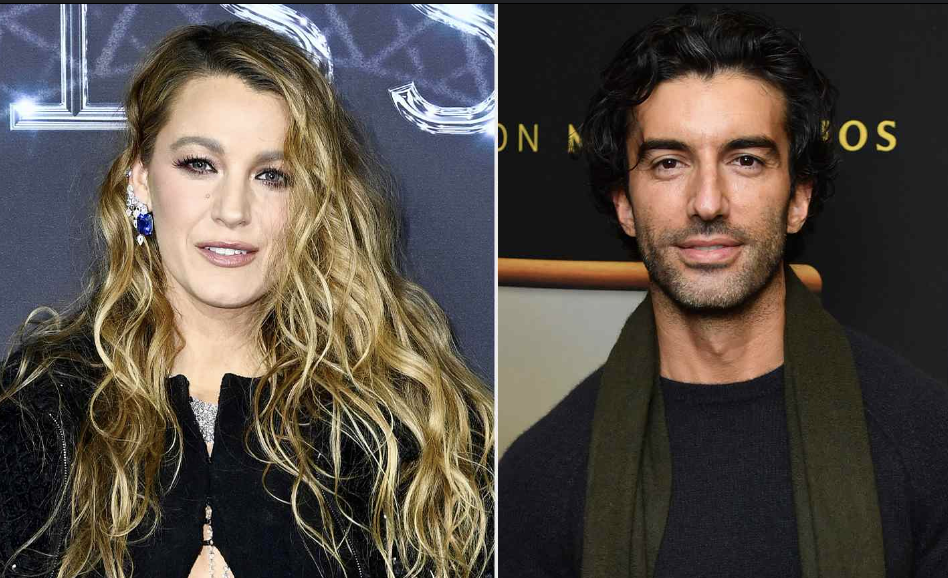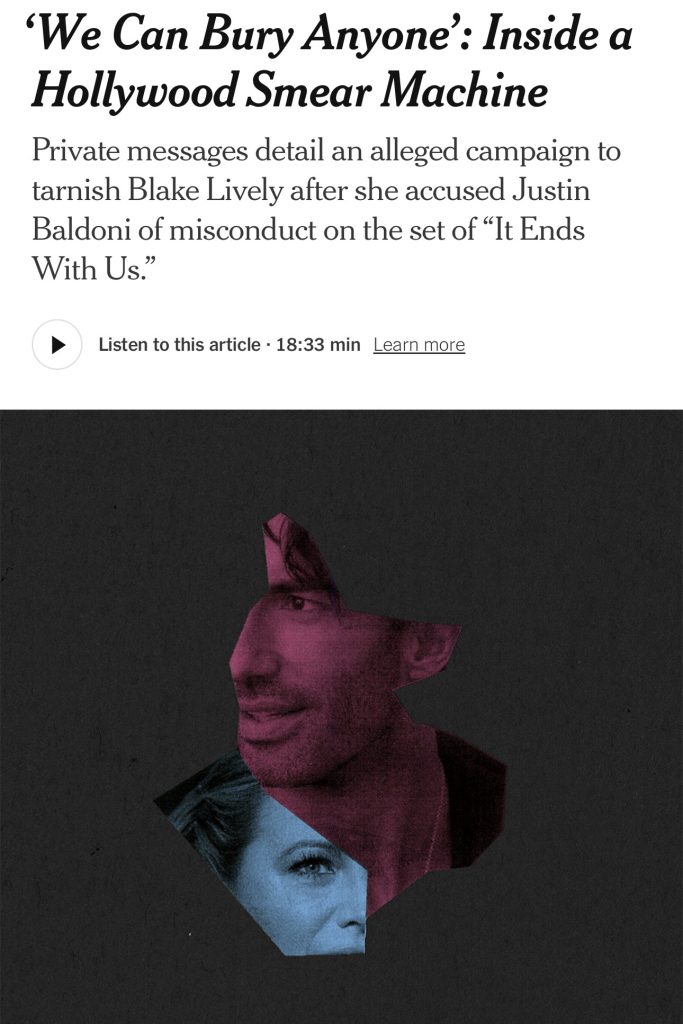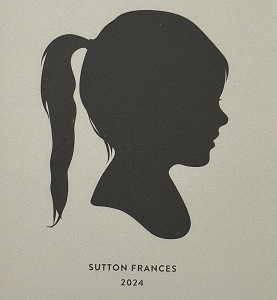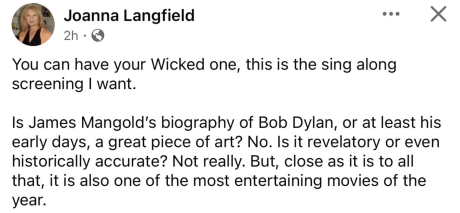There’s one thing that elite film critics like Bilge Ebiri never touch with a ten-foot pole, and that’s how a given film feels at the very end. And the way a film feels at the finale is, of course, always a measure of whether or not the ultimate fate of the characters seems fair or reasonable.
Did a character fuck up badly and maybe hurt someone as a result? Then he or she deserves to feel some degree of pain at the finale. Has a character been falsely accused of something he/she didn’t do? Then his/her lack of guilt should be revealed at the end. He/she doesn’t have to end up rich or married to a movie star or elected President of the United States, but the record needs to be set straight to some extent.
If a more or less decent, fair-minded character is hit by lightning or a falling tree limb at the very end of a film and dies, that’s a completely shitty ending. “What did that happen for?”, the audience will say. No good reason, says the director or screenwriter. We just felt like killing him/her off because, you know, life can be randomly cruel at times. Audience: “Yeah? Well, fuck you then!”
A film doesn’t have to end happily or sadly or humorously or tragically, but you have to feel on some level that the characters have met with a fair and even-handed fate — that what happened or didn’t happen to them seems justified.
When George Kennedy‘s psychopathic asshole character was killed and eaten by guard dogs at the end of Michael Cimino‘s Thunderbolt and Lightfoot, there was no disputing that he’d gotten what he deserved.
Ditto when Elliot Gould‘s Phillip Marlowe shot Jim Bouton‘s Terry Lennox at the end of The Long Goodbye.
I’ve noted a couple of times that the ending of The Godfather, Part II wan’t an upper but it felt justified. Michael Corleone has grown into a monster, and at the end he’s left all alone with his recollections of the idealistic youth he used to be and a realization that this younger version of himself has more or less died. Not a happy ending but a fair one. Corleone has accrued all the power but lost his soul.
Same thing with Paul Newman at the end of Hud. He takes a swing of beer and says “fuck it” but he’s no happy camper. He will have very little love or serenity in his life, and he knows it and so do we.
The ending of Million Dollar Baby totally works. Clint’s character is devastated for what he felt he had to do, and he’s alone at the end in that diner. But he did what he felt was right. A sad but even-handed ending.
They Shoot Horses, Don’t They? is a tragedy that ends with Jane Fonda‘s character getting what she wants, in a sense. Obviously an unhappy fate but she gets what she wants. The ending works. It feels fair, I mean, given who she was and the dark forces weighing upon her (including her own fatalistic attitude) and the options she no longer has.
I know that life can be horribly unfair at times and that the worst things can happen to the nicest people, but we’re not talking about life here but the scheme of good drama. If the characters in a film don’t meet with a fair fate, something feels wrong and audiences get angry.
The ending of The Deer Hunter is one of the oddest, least morally satisfying finales of all time. I sat there seething and hissed through my teeth, “You stupid rural fuckheads…singing ‘God Bless America’…God, not a clue!”
So fuck the critical elite for having given films like The Brutalist, Maria and (from what I’ve been told by trusted viewers) I Saw The TV Glow a pass without noting how it makes you feel at the end, which is fucking awful.
This is why people don’t trust elite film critics. They don’t lay it on the line about how movies feel and more particularly about whether the payoff feels “right.” I do this all the time because that’s how I roll, but they don’t. Just saying.

